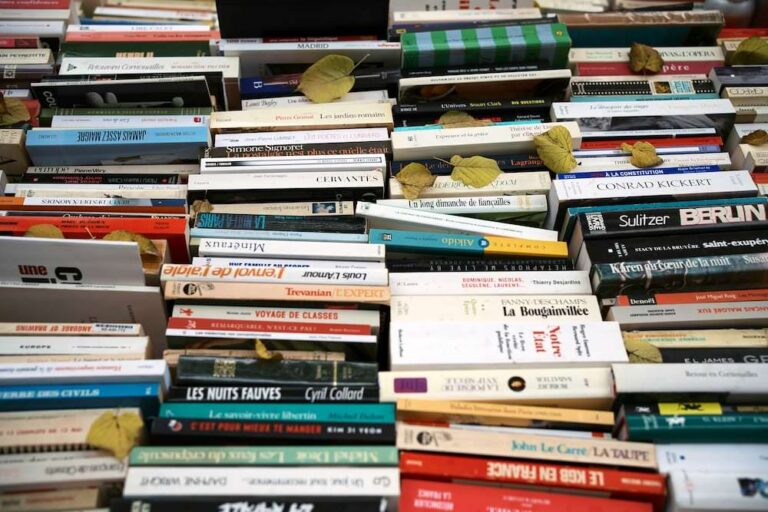God
Common French Phrases and Expressions Relating to God The French language, deeply influenced by its Christian heritage, is rich in expressions invoking God. These phrases are used both in religious and secular contexts, often expressing gratitude, fear, hope, or uncertainty. Here are some common expressions, their meanings, and their usage. 1. Merci Dieu ! –…









